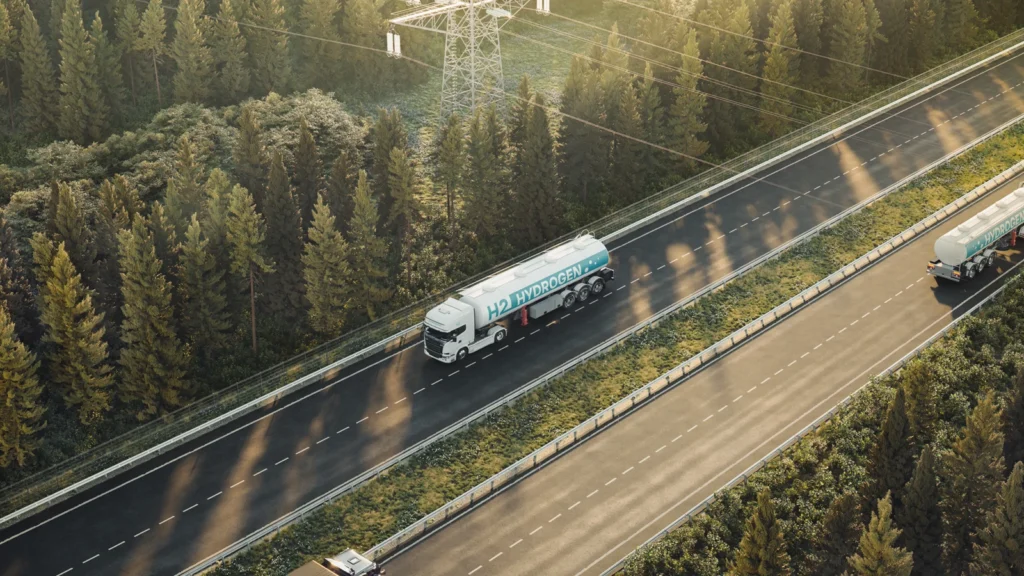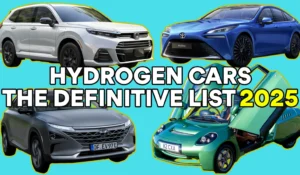Wood Mackenzie report suggests hydrogen can transform industries

The Wood Mackenzie report, “Hydrogen: 5 Things to Watch in 2025,” offers an insightful analysis of the growing role of hydrogen in global energy transition efforts.
The report underscores hydrogen’s potential to play a transformative role in decarbonising industries, transportation, and power generation, while simultaneously driving innovation and economic growth.
Hydrogen’s expanding role in energy transition
Hydrogen is emerging as a versatile energy carrier, capable of addressing decarbonisation challenges across multiple sectors.
The report highlights that the global hydrogen economy is gaining momentum due to increasing investments, technological advancements, and supportive policy frameworks.
As countries and industries intensify their net-zero efforts, hydrogen offers a clean and sustainable solution to reduce carbon emissions where electrification may not be feasible or cost-effective.
Key applications and opportunities
One of the report’s core themes is the versatility of hydrogen across various applications.
Green hydrogen, produced via electrolysis using renewable energy, is poised to play a critical role in sectors such as heavy industry, where it can replace fossil fuels in processes like steel and cement production.
Similarly, hydrogen-based fuels, such as ammonia, are emerging as promising solutions for decarbonising maritime shipping.
In transportation, hydrogen fuel cell technology offers a pathway to zero-emission heavy-duty vehicles, including lorries, buses, and trains.
These applications are particularly valuable in scenarios where battery electric vehicles face limitations due to weight, range, or recharging constraints.
The report emphasises that hydrogen-powered solutions can complement battery technology to create a diversified approach to sustainable mobility.
Additionally, hydrogen can enhance grid stability and renewable energy integration through its role in energy storage.
Excess renewable electricity can be converted into hydrogen, stored, and later used to generate electricity or as a fuel source during periods of high demand or low renewable output.
This capability makes hydrogen a vital component of a resilient and flexible energy system.
Economic and environmental benefits of hydrogen
The hydrogen economy presents significant economic opportunities, including job creation, supply chain development, and the stimulation of local economies.
As the technology scales and production costs decline, hydrogen is expected to become increasingly cost-competitive with traditional energy sources, further accelerating its adoption.
From an environmental perspective, the widespread use of hydrogen can significantly reduce greenhouse gas emissions, particularly in hard-to-abate sectors.
Green hydrogen, in particular, offers a zero-carbon energy solution that aligns with global climate goals.
Challenges and the path forward
While the report maintains a positive outlook, it acknowledges the challenges associated with scaling the hydrogen economy.
These include the need for substantial investments in infrastructure, such as pipelines, refuelling stations, and electrolysers, as well as the development of robust supply chains.
However, the report points to growing international collaboration, public-private partnerships, and policy incentives as critical enablers for overcoming these barriers.
Conclusion
The Wood Mackenzie report paints an optimistic picture of hydrogen’s future, positioning it as a cornerstone of the global energy transition.
By leveraging its versatility, scalability, and environmental benefits, hydrogen has the potential to transform industries, support renewable energy systems, and drive progress toward net-zero ambitions.
As innovation continues and adoption expands, hydrogen will play an increasingly vital role in building a sustainable, low-carbon future.










